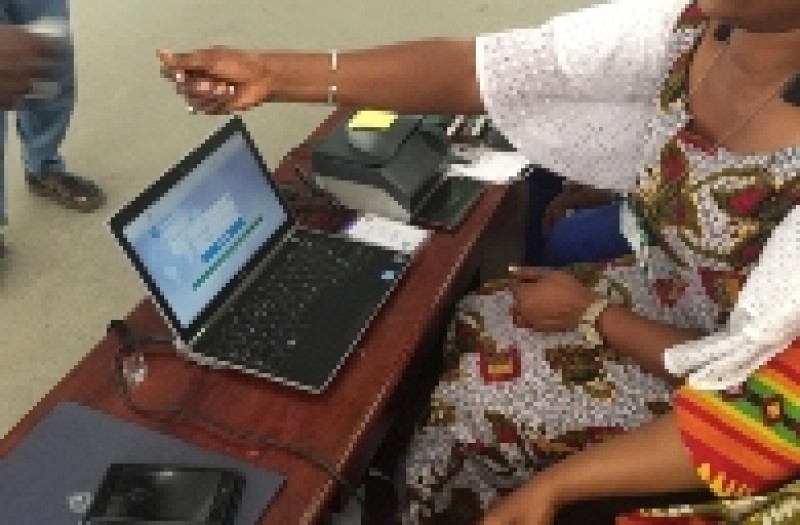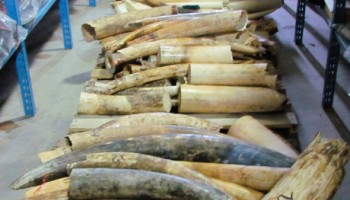More than 200 officers in 13 countries, from Senegal to Nigeria, took part in the seven-day July operation Adwenpa IV. Law enforcement made use of new technologies that enabled officers to access extensive databases.
Officers were able to immediately check travellers and IDs against an Interpol database of wanted persons and missing documents. Of 270,000 checks at airports and land borders, there were 13 instances in which lost or stolen documents were located, criminals detained, or illicit material seized.
Three countries also used the West Africa Police Information System, or WAPIS, whose third and latest phase was put into effect in June 2018.
“The WAPIS System was conceived to provide local law enforcement authorities with national police data systems allowing them to create, manage and share files on criminal cases and events,” according to an action document published by the EU Commission’s department of International Cooperation and Development in April 2016.
Given weaknesses in West African police practice, especially the widespread use of paper records, WAPIS is intended to facilitate international communication and cooperation between law enforcement in the region.
Despite the small successes, human trafficking remains a problem throughout the continent. Roughly 9.4 million modern slaves live in Africa as forced laborers, marriage partners, or victims of sexual abuse, in findings published by the Global Slavery Index in 2018.





